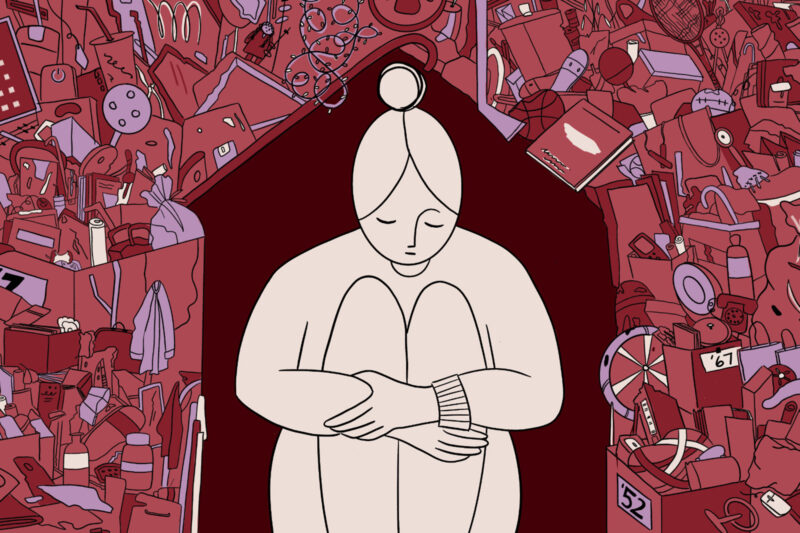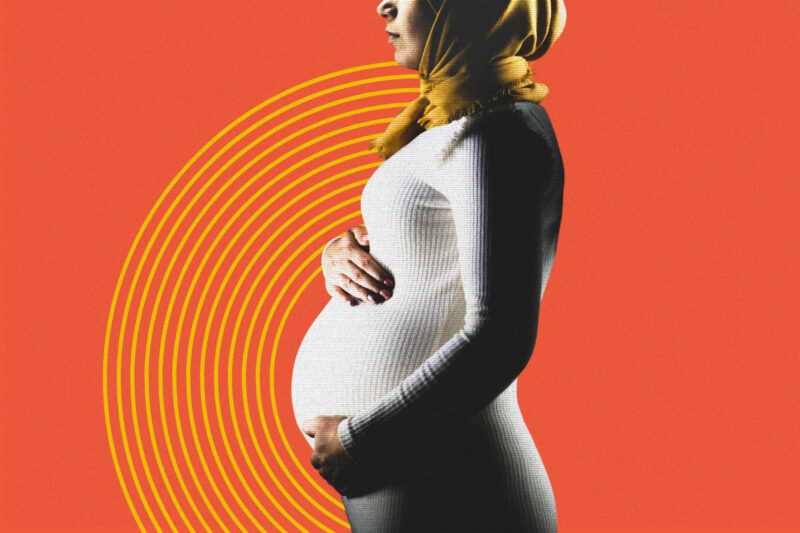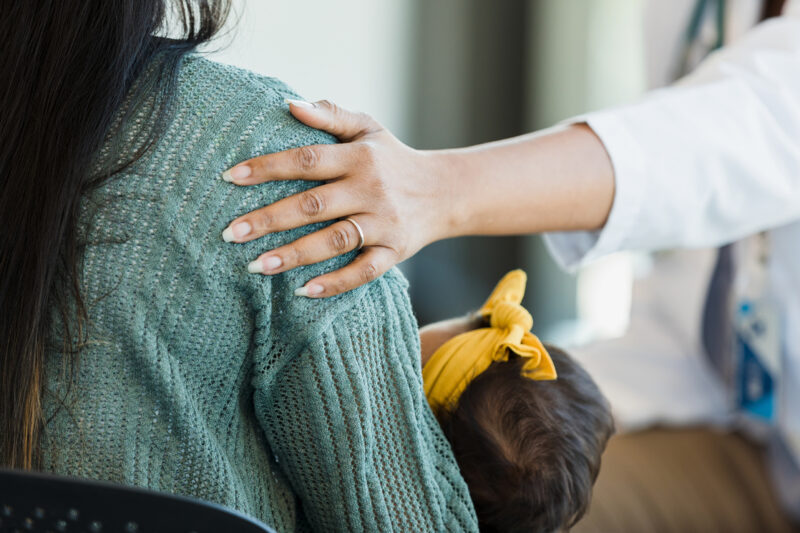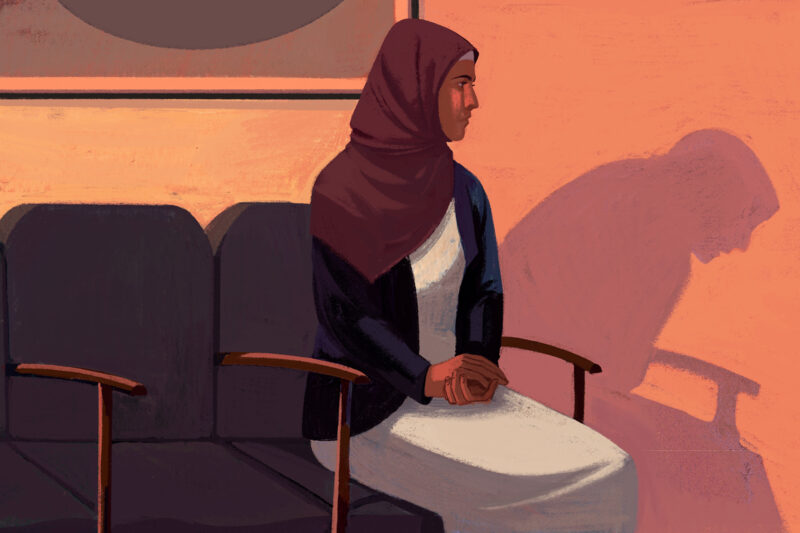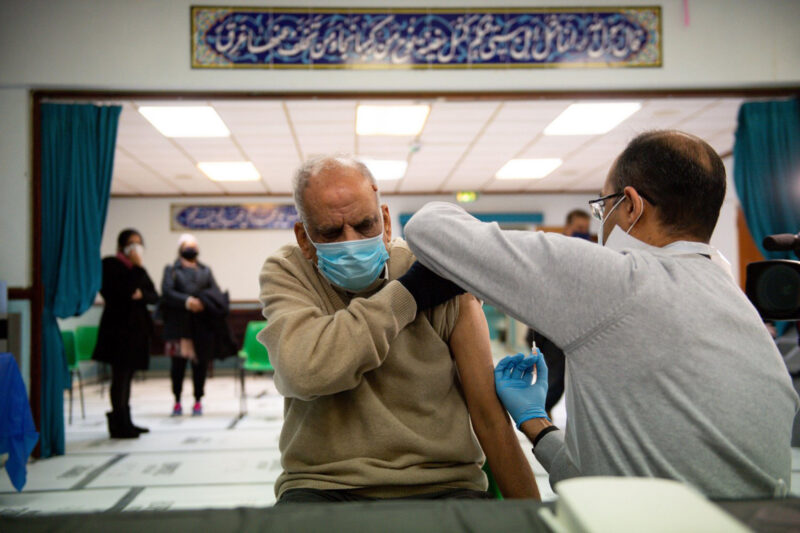The problem of Muslim women and cervical cancer screenings
Healthcare professionals warn that too few take up invitations to get tested
–

There is a low uptake of screening for cervical cancer among Muslim women, and a combination of myths around women’s sexual health, language barriers and a lack of awareness are to blame, campaigners and healthcare professionals have warned.
Analysis of NHS data for England showed that areas with the largest Muslim populations had, on average, a 12% lower uptake of cervical screening in the year leading up to July 2022, compared with areas with the smallest Muslim population.
In Tower Hamlets in London, where Muslims make up 39.9% of the population, cervical screening uptake was 53%. Meanwhile, in areas where uptake was the highest — North Yorkshire (78%), Dorset (77%) and Cumbria (76%) — Muslims make up less than 1% of the population.
Muslim women are being encouraged to book in for screening as part of Cervical Cancer Prevention Week (23-29 January), an annual event organised by the UK’s leading cervical cancer charity, Jo’s Cervical Cancer Trust.
Low uptake among Muslim women is partly driven by a stigma around sexually transmitted infections. Farzana*, 30, from Surrey, is overdue for her second screening by almost two years. “I’ve never heard my mum or any of my aunties even say the words ‘cervical screening’,” she said. “I’m not sure my mum knows what it is. I wouldn’t feel comfortable talking to them about it.”
There are about 3,200 new cases of cervical cancer diagnosed in the UK every year. Almost all cases of the cancer (99.8%) are caused by HPV (human papillomavirus) infection.
HPV is easily passed between people through sexual contact. The virus does not usually lead to symptoms and can lie dormant in the body for years. In some cases it can develop into cervical cancer.
Regular cervical screenings — every three years for those aged between 25 and 49, and every five years for those between 50 and 64 — can help detect HPV and treat cell changes before they turn into cancer.
Currently, women in the UK must attend a cervical screening at their GP practice. During the screening, a nurse uses a speculum to collect cells from the cervix. Jo’s Cervical Cancer Trust has called for the introduction of at-home testing which would involve women taking a swab in the privacy of their own homes. Research by the charity in 2018 found that Muslim women tend to be primary caregivers for their families and do not see their own health as “high-priority”.
In a recent report, the charity also found that just 16% of professionals working in cancer prevention think enough is being done to support screening uptake.
Henna Anwar, a GP in Huddersfield, said healthcare professionals should take a “more proactive role” in encouraging Muslim women to come in for cervical cancer screenings.
“If they visit the practice for something else and we notice they haven’t had their screening, we should encourage them to book in,” Anwar said. “It’s up to us to make sure they understand the importance of it. This is particularly true for the older population, some of whom spend a lot of time indoors and can’t read or speak English.”
Most women across the UK will be reminded they are due for screening by letter, but this has resulted in a lack of awareness and gaps in knowledge among those who aren’t fluent in English.
Anwar said Muslims should engage in conversations about cervical cancer. “We need to break the taboos and talk about it, and that includes men. If they’ve got a wife, or a mum who doesn’t speak English, they could book their appointment on their behalf and take them.”
Shazia*, 64, from Essex, has never been for a cervical cancer screening. A mother of five, she says she doesn’t have the time to go for health check-ups, despite receiving invitations from the NHS. “They send one letter a year, which I read and forget about,” Shazia said. “I have a lot of responsibilities. Between work and taking care of my family, I forget about my own health.”
Jo’s Cervical Cancer Trust is working to improve knowledge through community-led education. In Scotland, the charity has partnered with NHS Greater Glasgow and Clyde to raise awareness of cervical cancer among Muslim women through events held at Lanarkshire Mosque.
Iona Stoddart, deputy head of information and engagement at the charity, said local women had asked for educational sessions delivered in their home languages. “Women asked for community champions — older, respected women who were educated about this — to help share the message within their community so that there wouldn’t be any shame or stigma associated with getting screened.”
She added: “Education is vital, but it needs to take place in an environment where women feel comfortable.”
 Newsletter
Newsletter



